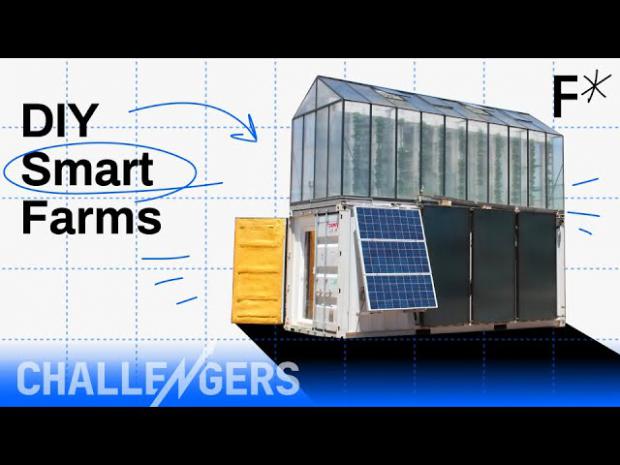
Breaking News
 Jeffrey Epstein victim 'had baby fathered by the paedophile snatched away ten minutes after birt
Jeffrey Epstein victim 'had baby fathered by the paedophile snatched away ten minutes after birt
 Revolving Green Door: Former Biden Officials Landed Jobs With Environmental NGOs...
Revolving Green Door: Former Biden Officials Landed Jobs With Environmental NGOs...
 Watch: Russian Soldiers Surrender To Gun-Wielding Robot; Humanoid Warfare Nears
Watch: Russian Soldiers Surrender To Gun-Wielding Robot; Humanoid Warfare Nears
 America At 250: The Words That Helped Ignite A Revolution
America At 250: The Words That Helped Ignite A Revolution
Top Tech News
 How underwater 3D printing could soon transform maritime construction
How underwater 3D printing could soon transform maritime construction
 Smart soldering iron packs a camera to show you what you're doing
Smart soldering iron packs a camera to show you what you're doing
 Look, no hands: Flying umbrella follows user through the rain
Look, no hands: Flying umbrella follows user through the rain
 Critical Linux Warning: 800,000 Devices Are EXPOSED
Critical Linux Warning: 800,000 Devices Are EXPOSED
 'Brave New World': IVF Company's Eugenics Tool Lets Couples Pick 'Best' Baby, Di
'Brave New World': IVF Company's Eugenics Tool Lets Couples Pick 'Best' Baby, Di
 The smartphone just fired a warning shot at the camera industry.
The smartphone just fired a warning shot at the camera industry.
 A revolutionary breakthrough in dental science is changing how we fight tooth decay
A revolutionary breakthrough in dental science is changing how we fight tooth decay
 Docan Energy "Panda": 32kWh for $2,530!
Docan Energy "Panda": 32kWh for $2,530!
 Rugged phone with multi-day battery life doubles as a 1080p projector
Rugged phone with multi-day battery life doubles as a 1080p projector
 4 Sisters Invent Electric Tractor with Mom and Dad and it's Selling in 5 Countries
4 Sisters Invent Electric Tractor with Mom and Dad and it's Selling in 5 Countries
Aquaponic farms in shipping containers: The future of food? | Challengers by Freethink

Instead of shipping food all around the world, imagine your own food coming from your farm in a shipping container, just outside your backdoor.
That's the vision of FarmPod, a St. Croix-based startup looking to completely redefine our relationship with food with a fully automated vertical aquaponic system. This self-contained, solar powered farming method uses a fraction of the water and space of a traditional farm, and even uses zero pesticides. The closed loop system essentially mimics nature's ecosystems, like a pond.
Lettuce, strawberries, kale, collard greens and more can grow in the pod. And, since the produce doesn't need to be picked early to be shipped to a grocery store, the owner can enjoy their harvest at its peak nutritional value and taste. Produce isn't all - FarmPod can provide an aquaponic home for tilapia, catfish, crayfish, koi, and freshwater prawns.
FarmPod uses automated software and hardware to make their pod's aquaponics system as easy to run as possible. Mike Straight, the creator and CEO of FarmPod, wants to provide a healthy, hyper-localized source of food with a minimal carbon footprint. "We're trying to feed the world one pod at a time by hyper-localizing farming, and taking the farm and putting it right in front of the place that needs to use it," says Straight.



